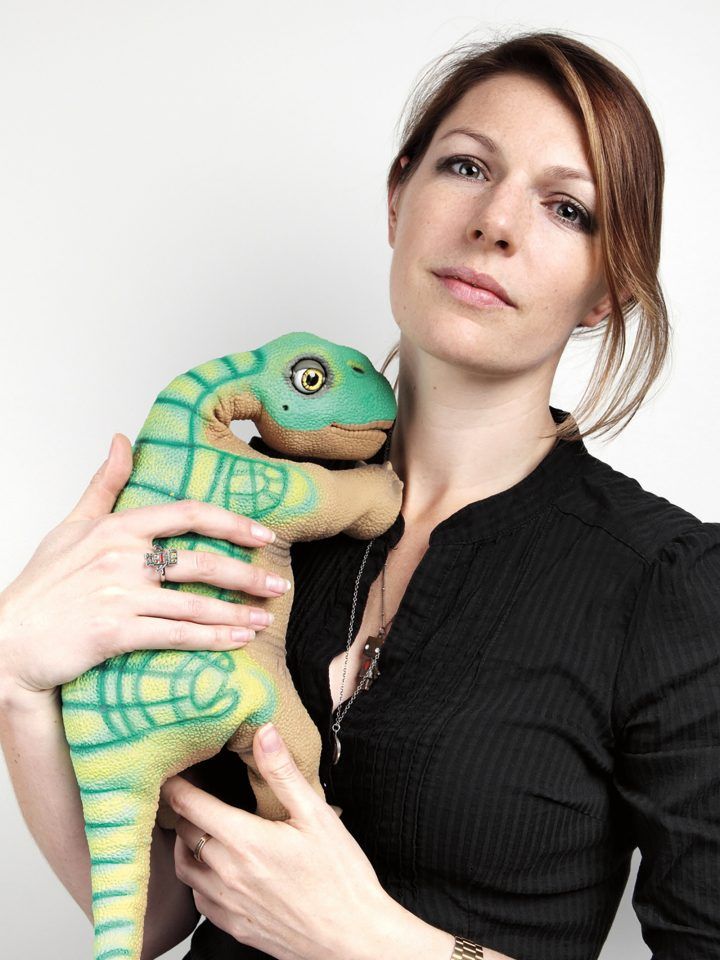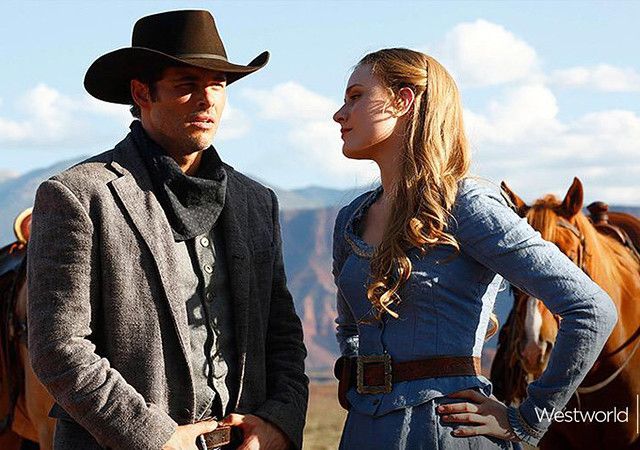
🤖 What have you named your robot vacuum cleaner?
What happens when people are told to smash and destroy a cute robot-dinosaur called Mr. Spaghetti? MIT researcher Kate Darling tested five groups of people and the results say a lot about or relationships with robots - and why we name them.
Share this story!
A couple of years ago engineers at Boston Dynamics kicked the robot Spot, filmed it, put it on YouTube and people got really angry.
They didn’t kick Spot for fun, but to show how good the robot was to handle that kind of disturbance. That didn’t matter. People got pissed anyway.
Kate Darling is researching robot-human interaction at MIT and she has a cute robo-dinosaur called Mr. Spaghetti.
Kill Mr. Spaghetti
A few years ago she did an experiment. She gave five groups of people one robo-dinosaur each, told them to name it, pet it, and interact with it. It had motion sensors, so if you for example rub its neck, the eyes close affectionately. If you hold it in the air by the tail it squirms unhappily.

Then, after a while, she told them to smash their dinosaur.
They refused.
All five groups said no, they would not kill the robot. It was already dead. It was a robot without emotions, but they would not kill it.
OK, Kate said, kill one of the other teams robots then, and yours can live. They even refused to do that.
Kate stepped up the pressure: “If someone doesn’t destroy one of the robots, I will smash them all.”
Finally, a guy stepped forward, brought up the ax and smashed it down over the little dinosaur. The room fell silent.
What have you named your robot vacuum cleaner?
Over 80 percent of people name their robot vacuum cleaner or robot lawnmower. When iRobot customer service says to people: “Send in your Roomba and we’ll send you a new one,” people sometimes refuse. They want iRobot to fix what is wrong with Rosie, Dusty or Jeeves, but they don’t want a new robot.
In HBO:s Westworld you can visit a Western-style park full of completely humanlike robots. In the tv series the visitors often treat the robots really badly. They rape them, torture them and kill them.

Most likely, that would not happen very often if there was a real Westworld park.
I’m sure people would love to visit a park like that, but if we have a hard time smashing a cute but dead robo-dinosaur, not many people will stomach killing a super human-like robot.
Humankind
People are actually mostly good. Dutch historian Rutger Bregman shows this in his new book: Humankind: A Hopeful History.
“For centuries western culture has been permeated by the idea that humans are selfish creatures. That cynical image of humanity has been proclaimed in films and novels, history books and scientific research. But in the last 20 years, something extraordinary has happened. Scientists from all over the world have switched to a more hopeful view of mankind.”

The book is filled with examples and revisions of old research. One story stands out. A story that reminds us of what the writers of Westworld think of humans: William Golding’s Lord of the Flies.
Many think humanity is like Lord of the Flies. If you scratch the surface, the niceness goes away. But in the book Bregman tells the real story of the Lord of the Flies (also in this article in the Guardian.)
Because a real Lord of the Flies actually happened.
The real Lord of the Flies
In 1965, six boys 13 to 16 years old, got stranded on a deserted island for 15 months.
“The kids agreed to work in teams of two, drawing up a strict roster for garden, kitchen and guard duty. Sometimes they quarreled, but whenever that happened they solved it by imposing a time-out. Their days began and ended with song and prayer.”
One of the boys broke his leg. They set his leg using sticks and leaves and provided him with food. Early they fed on coconuts and seabird eggs, and later they found bananas, wild taro, and chickens from an old, abandoned settlement.
In September 1966 they were rescued. The local doctor was astonished over their excellent health and the perfectly healed leg.
The boys are still friends to this day.
“It’s time we told a different kind of story. The real Lord of the Flies is a tale of friendship and loyalty; one that illustrates how much stronger we are if we can lean on each other.”
Mathias Sundin
By becoming a premium supporter, you help in the creation and sharing of fact-based optimistic news all over the world.


